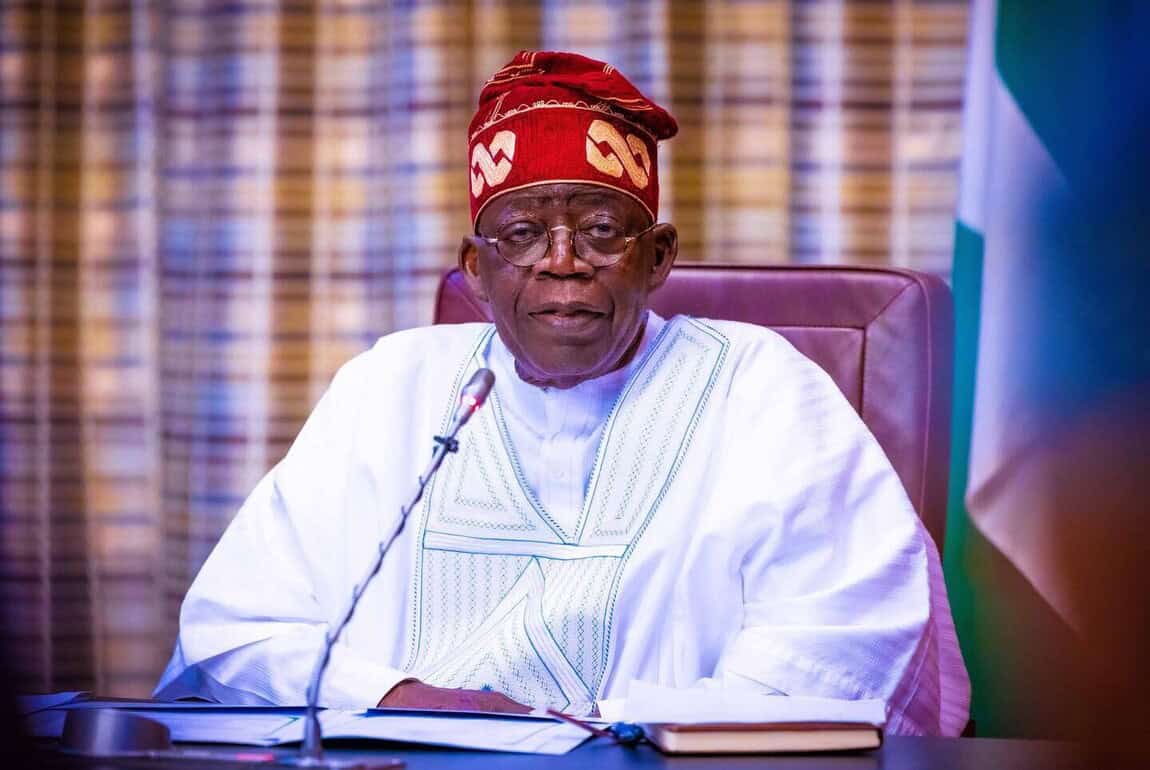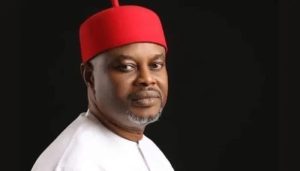30 May 2025
Bayo Onanuga, Special Adviser to President Bola Tinubu on Information and Strategy, has drawn sharp criticism for his recent statement defending the Tinubu administration’s economic reforms in response to former Vice President Atiku Abubakar’s critique. Onanuga’s remarks, posted on X on 29 May 2025, have been labelled by analysts and opposition figures as dismissive and out of touch with the realities faced by Nigerians grappling with soaring inflation and widespread poverty.
In his statement, Onanuga accused Atiku of “vitriol” and “animosity” in criticising the Tinubu administration, claiming the former vice president’s remarks were clouded by personal grievances. He defended the administration’s reforms, including the removal of fuel subsidies and the unification of the foreign exchange system, as “ambitious and audacious” steps necessary to avert fiscal collapse. Onanuga further highlighted achievements such as increased federal revenue, a reduced debt service-to-revenue ratio, and the introduction of social safety nets, including a student loan scheme benefiting over 600,000 students.
However, critics argue that Onanuga’s response glosses over the severe economic challenges Nigerians face. The removal of fuel subsidies in 2023 led to a tripling of petrol prices, contributing to inflation rates that have hovered above 30% in 2025, according to the National Bureau of Statistics. Food prices have surged, with staples like rice and yam becoming unaffordable for many households. Posts on X reflect public frustration, with users like @AdaIgbo00 accusing Onanuga of peddling “empty stats” and lacking empathy for Nigerians enduring “hardship” and “suffering” under Tinubu’s policies.
Onanuga’s claim that the administration’s policies are not “anti-people” has been contested by economists, who point out that while the minimum wage has doubled to N70,000, its real purchasing power has been eroded by inflation. “The wage increase is a drop in the ocean when basic goods are priced beyond reach,” said Dr. Chidi Okonkwo, an economist at Lagos State University. He noted that the social safety nets cited by Onanuga, such as targeted interventions for low-income households, have been plagued by inefficiencies and limited reach, leaving many vulnerable Nigerians unsupported.
The student loan scheme, touted as a flagship achievement, has also faced scrutiny. While Onanuga claimed it has made education more accessible, reports indicate that bureaucratic delays and stringent eligibility criteria have excluded many deserving students. Moreover, his swipe at Atiku’s American University in Yola was seen as a petty jab that detracted from substantive discourse.
Onanuga’s assertion that Atiku’s criticisms were based on “social media gossip” regarding a proposed $1.2 billion loan was undermined by the lack of clarity from the administration on the loan’s purpose. Although the Finance Minister has denied it is for the 2025 budget, the absence of transparent communication has fuelled public scepticism. “If the government is borrowing responsibly, why not lay out the details plainly?” asked Aisha Yusuf, a public policy analyst.
Perhaps most contentious was Onanuga’s call for Atiku to offer “constructive” solutions rather than “partisan rhetoric.” This has been met with accusations of hypocrisy, as the Tinubu administration has been criticised for stifling dissent. Atiku’s earlier statement on X, branding Tinubu’s government as “incompetent” and “anti-people,” resonated with many Nigerians who feel the reforms have prioritised fiscal metrics over human welfare. Onanuga’s dismissive tone risks alienating citizens who see their struggles minimised, warned political commentator Tunde Adebayo.
The presidency’s narrative of progress, including a booming Nigerian Exchange and increased foreign investment, contrasts starkly with the lived experiences of ordinary Nigerians. “A stock market rally means little when people can’t afford bread,” said @phrankangel on X, echoing a sentiment shared by many. Onanuga’s failure to acknowledge the depth of public discontent has been described as a strategic misstep that could further erode trust in the administration.
As Nigeria navigates its economic challenges, the exchange between Onanuga and Atiku underscores a broader divide between the government’s rhetoric and public sentiment. With opposition figures like Atiku calling for a coalition to challenge Tinubu in 2027, the administration faces mounting pressure to translate its reforms into tangible improvements for all Nigerians.
For now, Onanuga’s defence of Tinubu’s policies has done little to quell criticism, instead highlighting the need for a more empathetic and transparent approach to governance. As Adebayo put it, “Nigerians don’t need lectures on progress—they need policies that put food on their tables.”






